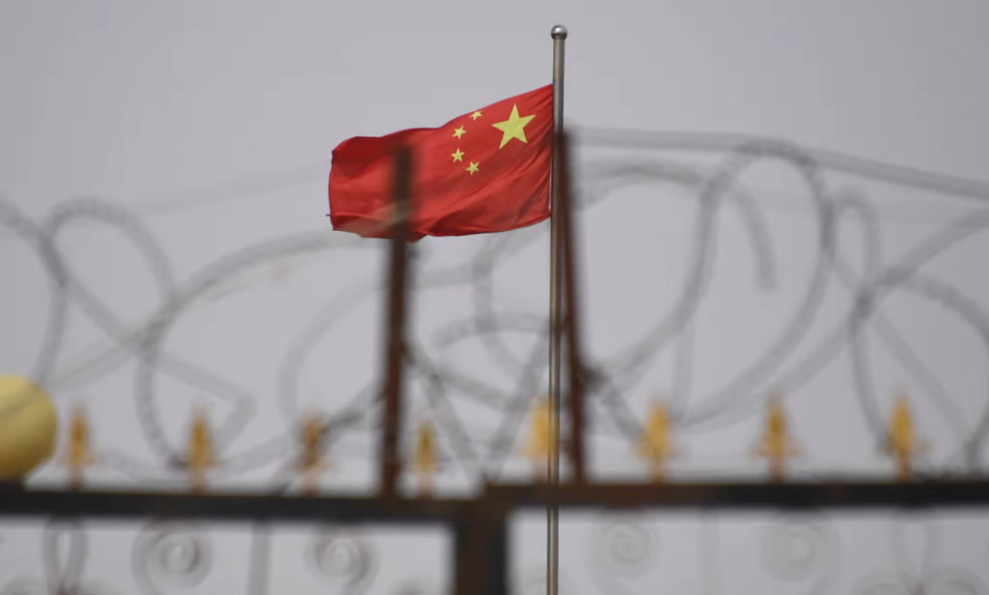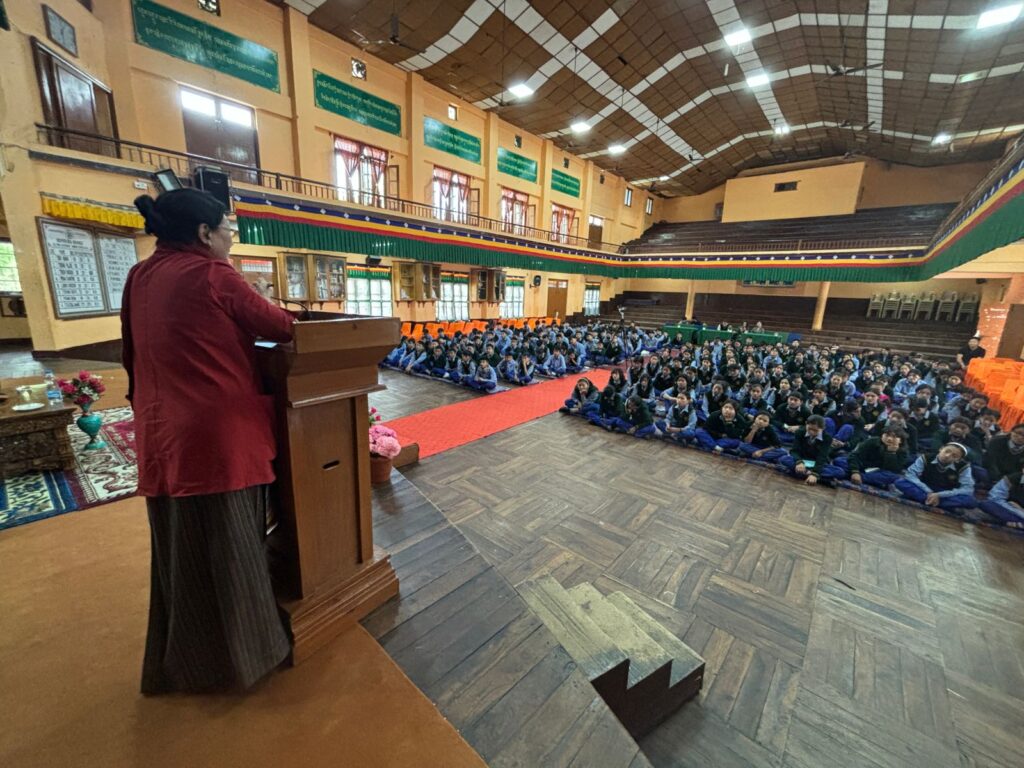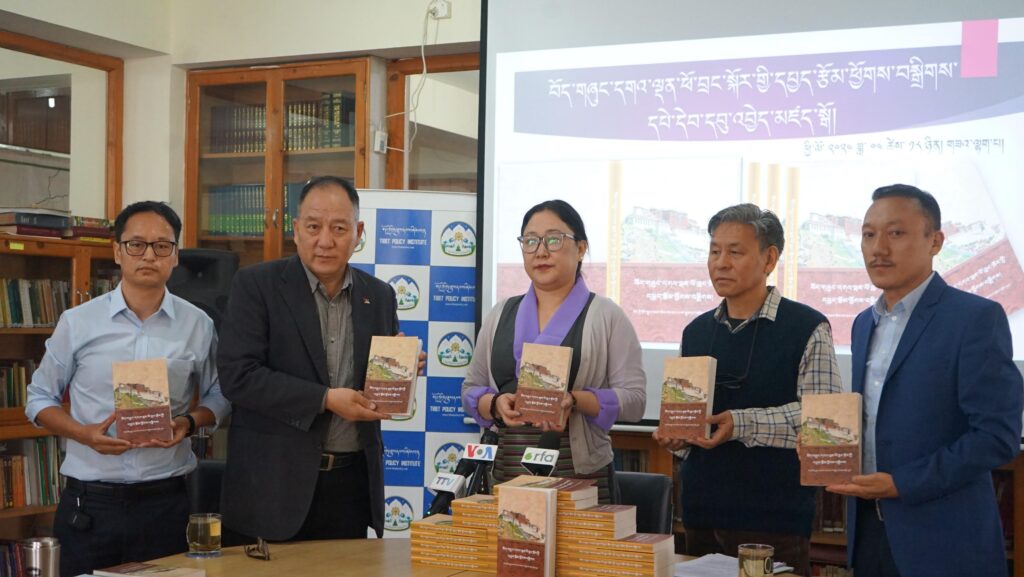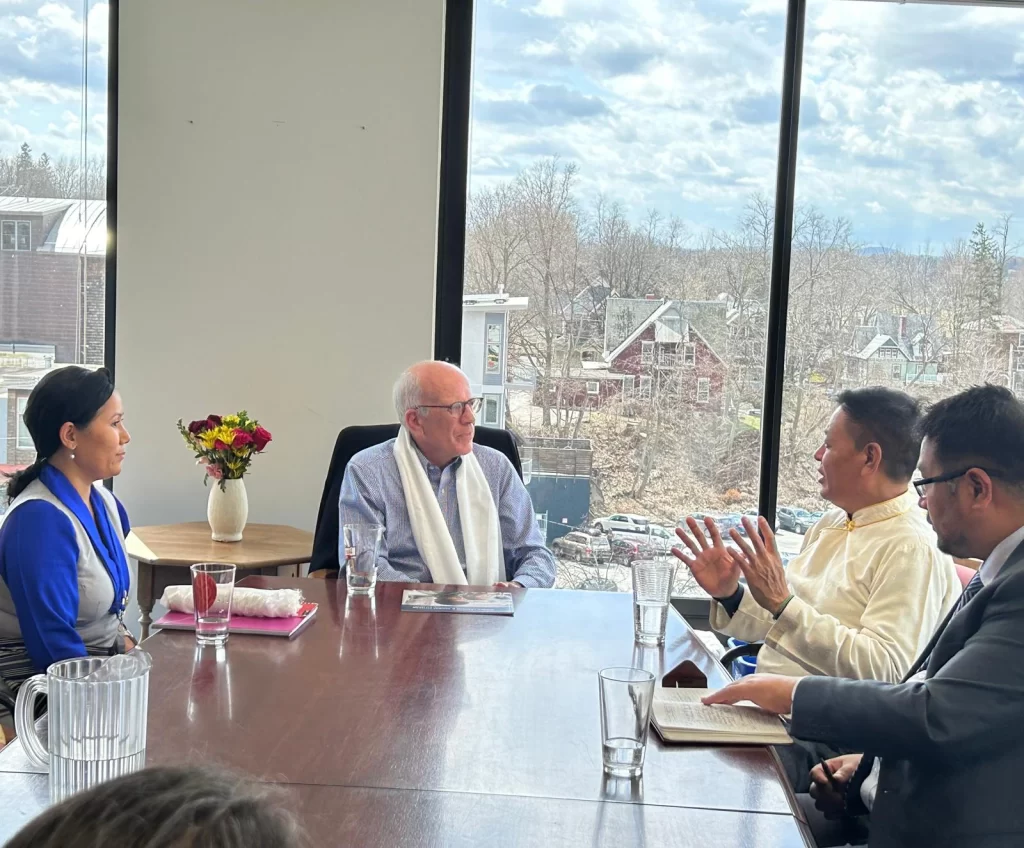Geneva: The UN Special Rapporteur on Contemporary Forms of Slavery, Tomoya Obokata identified arrangements of forced labor in Tibet similar to those found in East Turkestan (CHN: Xinjiang) and noted that in Tibet “an extensive labour transfer programme has shifted mainly farmers, herders and other rural workers into low-skilled and low-paid employment.”
The UN Special Rapporteur Tomoya Obokata, will be presenting his latest report titled “Contemporary Forms of Slavery Affecting Persons Belonging to Ethnic, Religious and Linguistic Minority Communities” at the upcoming 51st session of the Human Rights Council starting from 12 September – 7 October, 2022. In the report the special rapporteur identifies Chattel slavery, forced and bonded labor, child and/or forced marriage, domestic servitude, sexual slavery and child labour as the main manifestations of contemporary forms of slavery.
Discussing the systems of forced labor existing in Xinjiang and Tibet, the UN expert has identified two distinct State- mandated systems:
“ (1) the vocational skills education and training centre system, under which minorities are detained and subjected to work placements; and
(2) the poverty alleviation through labour transfer system, where surplus rural labourers are transferred into secondary or tertiary sector work.”
Clearly debunking the Chinese government’s claims of “creating employment opportunities” and “increase of incomes” the Special Rapporteur considers that “indicators of forced labour pointing to the involuntary nature of work rendered by affected communities have been present in many cases.” The Special Rapporteur also concluded that “some instances may amount enslavement as a crime against humanity” and has called for further independent analysis.
Basing his report on sound legal analysis, the Special Rapporteur has found that workers in forced labour are being subjected to “excessive surveillance, abusive living and working conditions, restriction of movement through internment, threats, physical and/or sexual violence and other inhuman or degrading treatment.”
Marking the thirtieth anniversary of the Declaration on Rights of Persons Belonging to National or Ethnic, Religious and Linguistic Minorities, the UN Special Rapporteur on contemporary forms of slavery Tomoya Obokata unpacked realities of persons belonging to minority with regard to contemporary forms of slavery, including its causes and consequences.
Calling this report a victory, Senior Researcher in China Studies at Victims of Communism Memorial Foundation, Adrian Zenz noted that “The U.N. Special Rapporteur’s statement is very significant, coming from an authoritative expert at a major multilateral institution. Very important is that he did not just focus on Xinjiang but also paid attention to the situation in Tibet, which is these days easily overshadowed by Xinjiang.” Adrian Zenz is amongst the earliest researchers who criticised China for bringing Xinjiang’s system of militarised vocational training to Tibet.
Welcoming the report, Representative Thinlay Chukki from Tibet Bureau Geneva, noted that “this report comes in the backdrop of China’s denial of existence of forced labour system in Tibet and Xinjiang as well as reports of China exerting pressures on the Office of the High Commissioner for Human Rights to not publish its long-due report on East Turkestan (CHN: Xinjiang). The UN Special Rapporteur not only debunks China’s “development, employment and income” rhetoric but also clearly categorises the extensive labour transfer programme of Tibetan farmers, herders and other rural workers as forced labour. We therefore join the call of the Special Rapporteur for an independent analysis on the existence of enslavement as a crime against humanity in Tibet.”
Noting the significance of the report, the Kalon of CTA’s Department of Information and International Relations, Norzin Dolma, stated, “We welcome the timely report of the Special Rapporteur Tomoya Obokata which validates our concerns and claims of Tibetans being subjected to forced labour in Tibet. Tibetans are being systematically discriminated against in their own homeland (Tibet) and are often relegated to second class citizens facing egregious human rights violations. In this regard, we would like to reiterate the calls by 50 UN experts to hold a special session on human rights violations being perpetrated by China against Tibetans, Uighurs, Hong-Kongers, Southern Mongolians and others within the regions in China as well as carry out independent analysis of the extensive human rights violations in Tibet.”
The report of the Special Rapporteur can be read here.






